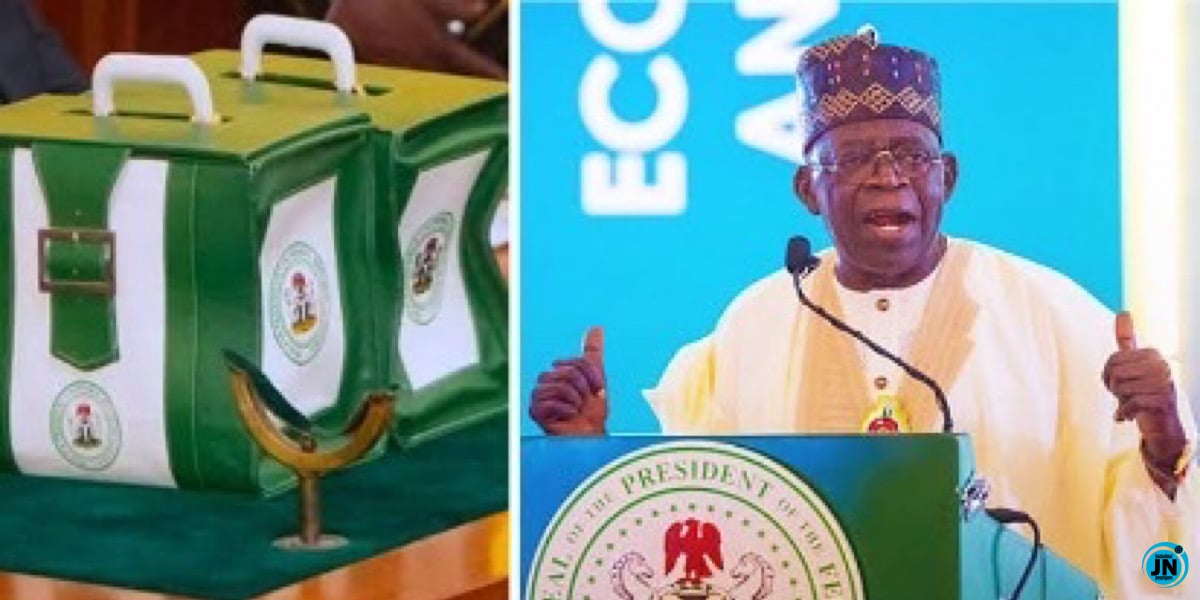
President Bola Tinubu has officially submitted the 2025-2027 Medium Term Expenditure Framework (MTEF) and Fiscal Strategy Paper to the National Assembly, marking a significant step in Nigeria's financial planning process.
This strategic document provides a detailed roadmap of the federal government’s expenditure and revenue plans for the next three years, focusing on sustainable economic growth, fiscal discipline, and effective resource allocation.
The proposal introduces an ambitious budget of N47.9 trillion for the 2025 fiscal year, representing a remarkable 35% increase compared to the N35.5 trillion budget approved for 2024. This expansion reflects the government’s commitment to tackling critical national challenges, particularly in infrastructure, healthcare, and education.
The budget structure includes key allocations such as non-debt recurrent expenditure of N9.92 trillion, capital expenditure amounting to N7.72 trillion, debt servicing costs of N8.25 trillion, statutory transfers of N1.37 trillion, and a sinking fund set at N243.66 billion. These allocations aim to balance economic growth with the pressing need to manage the country’s debt and recurring obligations effectively.
In addition, the 2025 economic forecast outlined in the proposal is optimistic. Key projections include a gross domestic product (GDP) growth rate of 4.6%, an oil price benchmark of $75 per barrel, an exchange rate of N1400 per dollar, and crude oil production of 2.06 million barrels per day. These parameters are designed to create a stable economic environment and enhance investor confidence.
During a briefing with State House Correspondents after the Federal Executive Council (FEC) approved the proposal in Abuja, the Minister of Budget and Economic Planning, Atiku Bagudu, emphasized the importance of the outlined fiscal measures. He stated, “The fiscal strategy prioritizes market deregulation and aims to compel the Nigerian National Petroleum Corporation Limited to significantly reduce oil and gas production costs, ensuring more efficient resource utilization.”
Furthermore, the proposal highlights the need for legislative amendments to sections of the Petroleum Industry Act 2021 to mitigate risks to the Federation and promote stability in the oil and gas sector.
The government also plans new borrowings of N9.2 trillion to finance the projected budget deficit in 2025, aiming to keep borrowing within 3.87% of the GDP. These borrowings will support the implementation of key development projects and reforms aimed at revitalizing the Nigerian economy.
As the National Assembly begins its review of the MTEF and Fiscal Strategy Paper, the submission underscores President Tinubu’s administration’s focus on transparent and accountable governance, aiming to lay the foundation for sustainable growth and national prosperity in the coming years.

